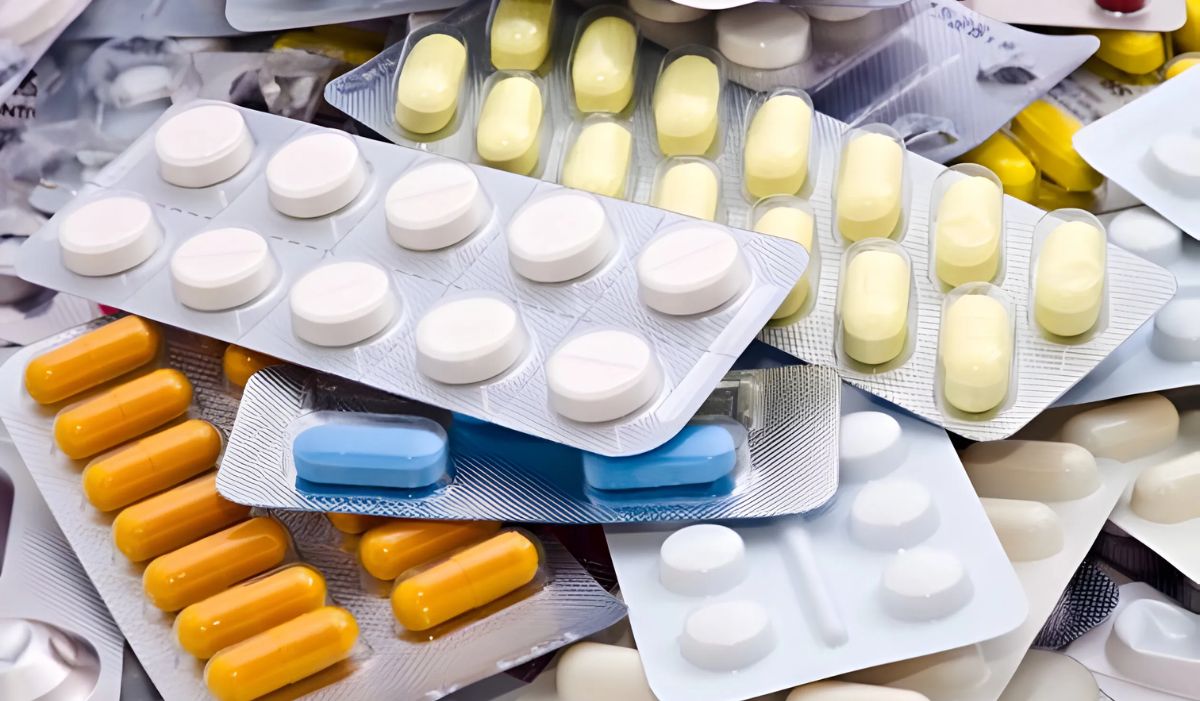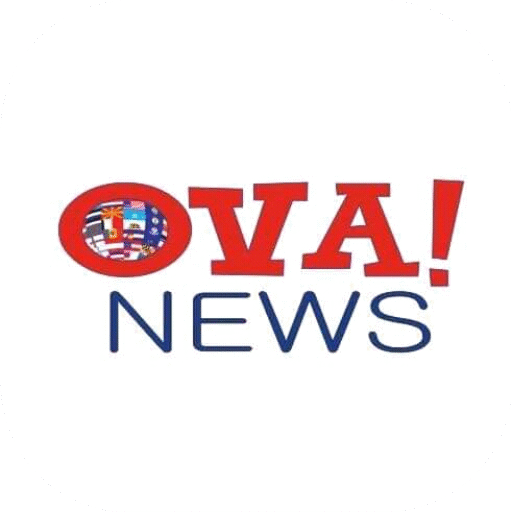Rising Costs Hit Nigerian Drug Makers as Naira Wobbles

Nigeria’s pharmaceutical manufacturers are contending with escalating production costs triggered by persistent inflation and a weakening naira.
A review of financial statements by BusinessDay shows that the cost of sales for four leading pharmaceutical firms nearly doubled between Q1 2024 and Q1 2025.
Their combined cost of sales surged from N15.5 billion to N29 billion—a staggering 88% year-on-year increase—driven largely by foreign exchange volatility affecting the cost of imported raw materials.
Despite the pressure, revenues climbed significantly as companies adjusted prices to remain profitable. The four firms—Fidson Healthcare Plc, May & Baker, Neimeth International, and Morison Industries Plc—posted a collective revenue of N45.82 billion, up 76.3% from N25.99 billion a year earlier.
Fidson led the charge, reporting N35.02 billion in revenue (up 85.4% from N18.88 billion). May & Baker followed with N9.51 billion (a 48% rise), Neimeth International recorded N1.21 billion (up 86.1%), and Morison’s turnover jumped to N91.5 million from N32.6 million, representing a 180.8% gain.
However, the expense side tells a difficult story. Fidson’s cost of sales climbed to N22.4 billion from N11.2 billion. May & Baker’s rose by 50% to N6 billion. Neimeth recorded a 296% surge to N566 million, and Morison’s costs more than doubled to N65 million.
Patented medicines—which form 12% of Nigeria’s pharmaceutical market and are almost entirely import-dependent—were most affected by the naira’s decline.
In a move to cushion the industry, the Federal Government introduced an executive order last year eliminating import duties and VAT on critical medical supplies.
“By significantly reducing production costs, this initiative will enhance the competitiveness of local manufacturers,” said Chinyere Almona, Director-General of the Lagos Chamber of Commerce and Industry.
Almona noted that the exit of some pharmaceutical firms from the market had worsened medicine availability, making the policy both timely and necessary.
Figures from the International Trade Centre show that Nigeria’s pharmaceutical imports declined by 23.4% to $1.05 billion in 2022—levels last seen in 2019—due to forex shortages.
There is some optimism as the naira stabilises and inflation appears to be moderating, offering drugmakers hope for reduced production costs later in the year.





